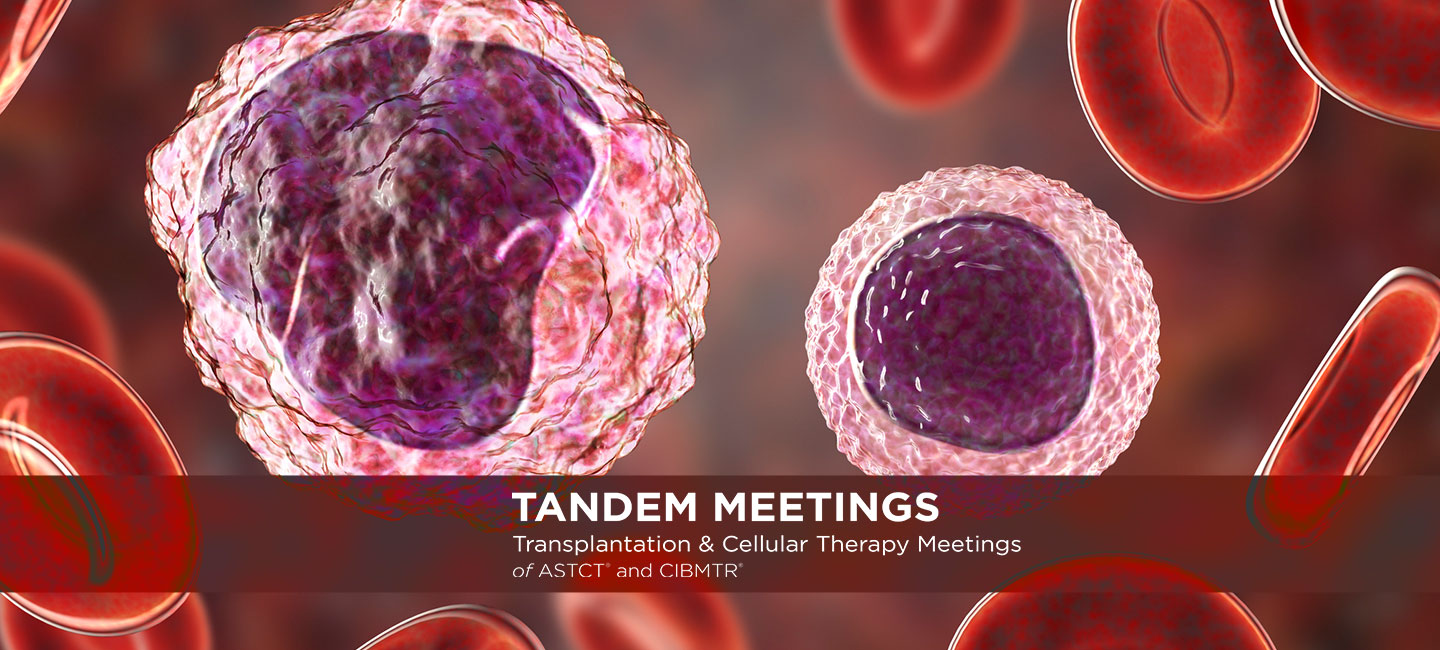Study Looks at Benefits of CAR T Over Standard of Care for Relapsed/Refractory Multiple Myeloma Patients
In a vast majority of cases, chimeric antigen receptor T-cell therapy, or CAR T, is much better than standard of care for patients with relapsed/refractory multiple myeloma. And it may be better for the wallet, as well.
Dr. Doris Hansen of Moffitt Cancer Center’s Department of Blood and Marrow Transplant and Cellular Immunotherapy recently presented at the Tandem Meetings, a joint effort of the American Society for Transplantation and Cellular Therapy and the Center for International Blood and Marrow Transplant Research. She found that the CAR T drug, ciltacabtagene autoleucel, or cilta-cel, offers both clinical and economic benefits for patients with relapsed or refractory multiple myeloma. Cilta-cel was approved by the Food and Drug Administration in 2022 based on the pivotal CARTITUDE-1 clinical trial.
“Cost, access,, and toxicity management are the biggest challenges around this therapy,” Hansen said. “With recent FDA approvals, leading cancer hospitals like Moffitt are now able to offer CAR T to multiple myeloma patients. However, it is still not widely accessible to all, particularly for patients who don’t live near a major cancer center like Moffitt. For patients who can get access to cilta-cel, we have seen that the cost of CAR T is cheaper for them than standard of care.”

Hansen explained that 83% of multiple myeloma patients who are treated with cilta-cel will have a complete response or better. Because of that success, those patients will not need to continue chemotherapy or other treatments. This can save nearly $3 million.
“Not only is CAR T better than standard of care for relapsed/refractory multiple myeloma from a clinical perspective, but it’s also better when cost is taken into account,” Hansen said.
While CAR T with cilta-cel is often referred to as a one and done approach, that’s not to say that a patient who experiences a complete response is cured. In fact, most patients’ disease eventually relapses, but cilta-cel can improve quality of life while extending it.
“Patients with multiple myeloma will very likely need more treatment after CAR T,” Hansen explained.
However, patients would likely not need additional treatment immediately, since there is typically an extended period where there is no evidence of disease. That means there is a period where no ongoing treatment is needed, which improves quality of life and has a positive financial impact.
Patients treated with cilta-cel see, on average, a nearly three-year span where relapsed/refractory multiple myeloma progression is halted or slowed. This is an improvement over the previously approved CAR T, idecabtagene-vicleucel, or ide-cel, which saw an average of nearly nine months of stopped progression.
Cilta-cel CAR T is given in an outpatient setting, which also avoids higher costs and improves comfort for patients because they do not need to have an extended inpatient hospital stay.



